In the maritime sector, safety is of paramount importance. That is why we regularly speak to industry professionals who share their experiences, practical tips and valuable insights that help you work safely and efficiently.
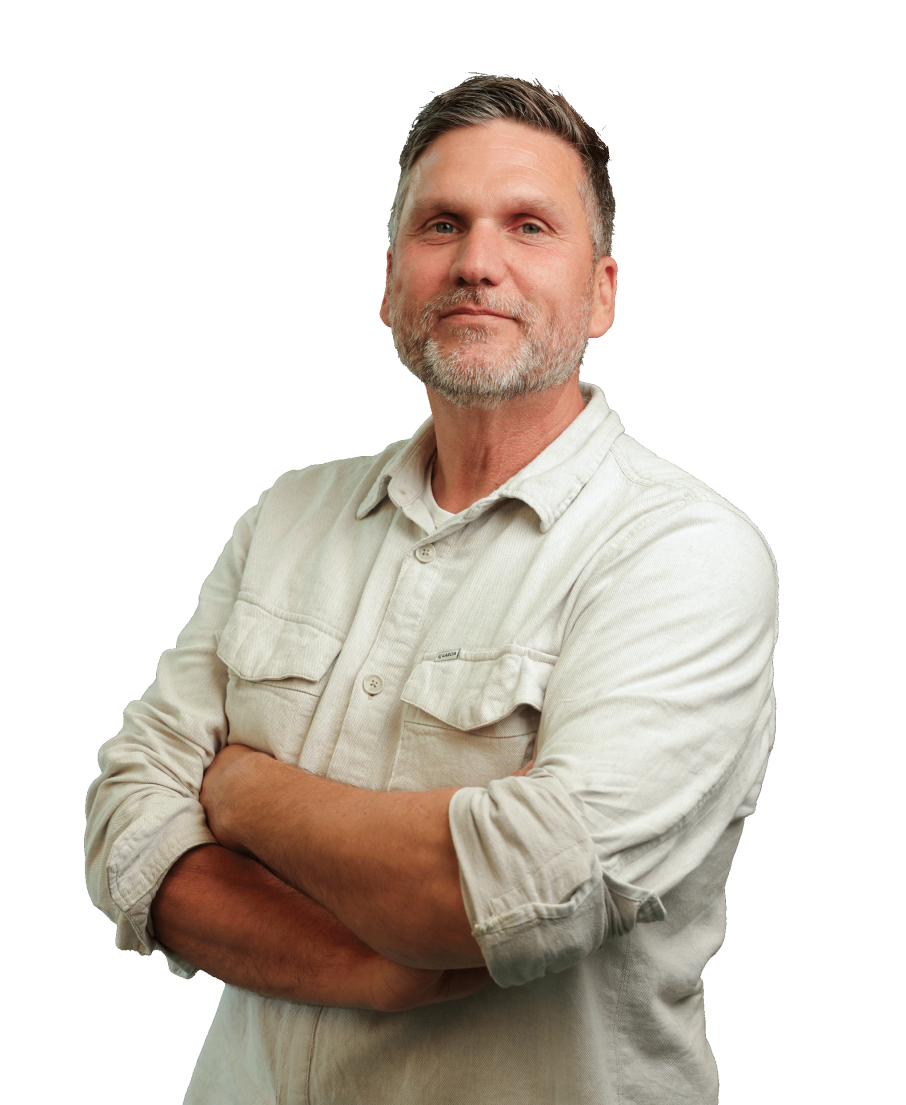

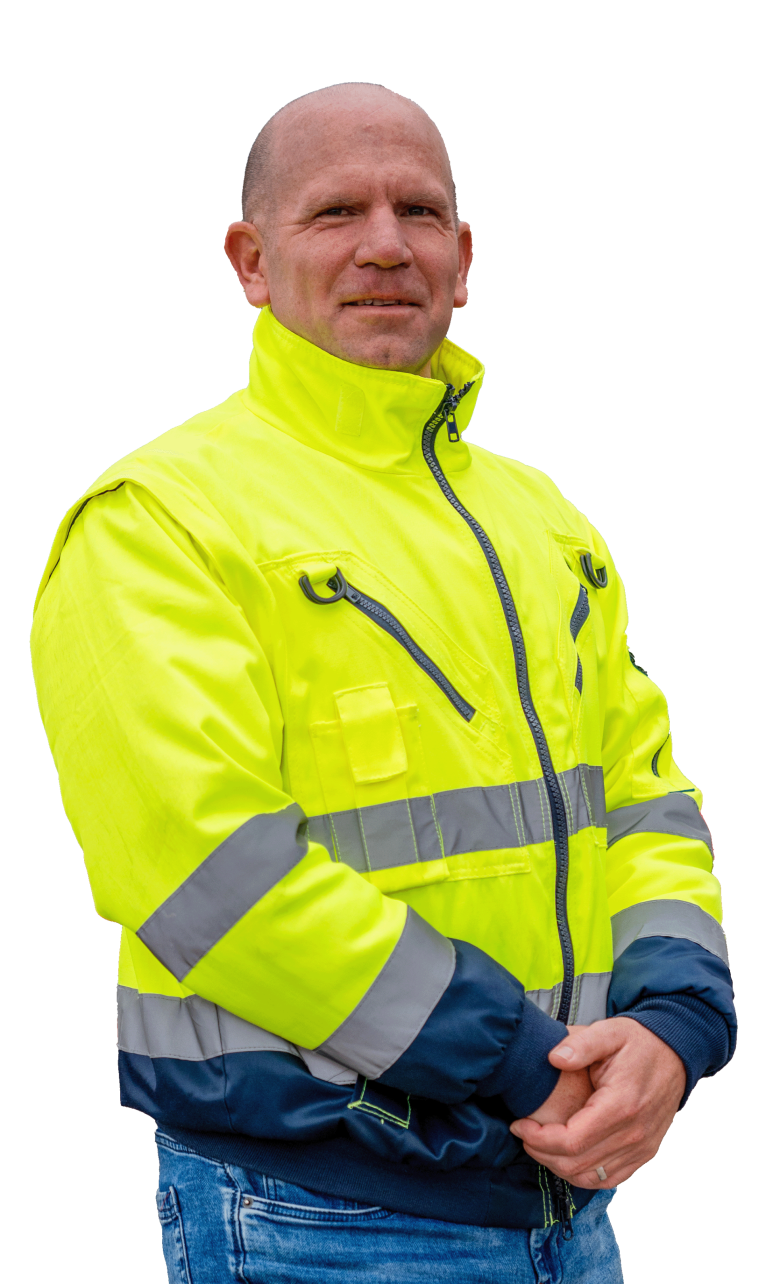
Maritime crews are generally extremely helpful
If you show respect for their working methods and take safety seriously, the crew will often be open to suggestions. With a clear briefing, you can really work together — and that delivers strong results.
Safety standards are rising, which makes the work more pleasant
Thanks to clear rules, better communication and greater awareness, filming on board becomes safer and more organised. This creates peace of mind and confidence for everyone.
As a film crew, you are flexible and alert, which makes you valuable
You are able to switch gears quickly, maintain an overview in busy situations and think along with your surroundings. This attitude makes you, as a film crew, a good fit for a dynamic and technically complex setting such as at sea.
Give non-crew members on board a recognisable vest or helmet
This way, everyone can immediately see who has experience on deck and who needs extra guidance. This prevents misunderstandings and increases safety during activities such as hoisting or manoeuvring.
Hold a short toolbox talk about the planned shooting day in advance
A short briefing ensures that everyone knows what is happening, where the risks lie and what the agreements are. It prevents surprises and ensures smooth cooperation between the crew and the film crew.
As a director, you are the cameraman's second pair of eyes
The cameraman is focused on the image, not his surroundings. As director, you help by paying attention to movements, obstacles and changing conditions. This prevents dangerous situations.
Only change batteries, lenses and other parts in safe places
Small actions can have big consequences if they happen at the wrong time or in the wrong place. Find a stable, safe place — away from walking routes or hoisting operations.
Alternate camera operation during long days and consult with the crew
Long filming sessions require a lot of concentration and physical effort. By dividing tasks and communicating well with the maritime crew, everyone stays fresh, which increases safety and the quality of the work.

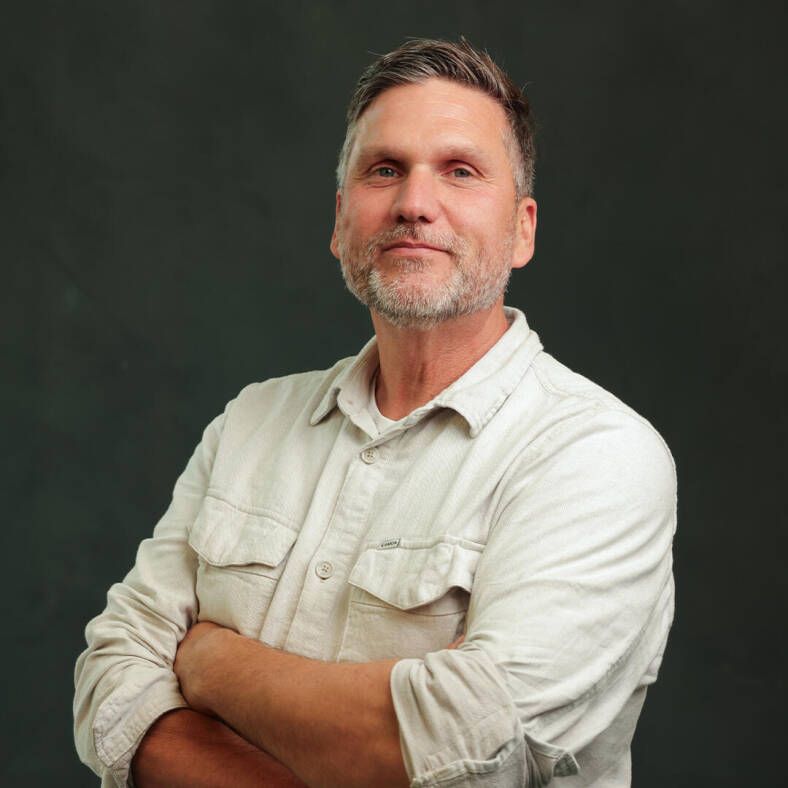

Safety briefings
When routine work changes, make sure the team is informed by means of a safety briefing. Ensure that all team members fully understand what is changing, what new risks this entails, and how to anticipate them.
Double-check
When work changes, not only should an initial assessment be carried out, but also a secondary risk assessment or Last Minute Risk Assessment (LMRA). Avoid overlooking risks. Have the double-check carried out by a second person.
"Say something"
Address each other directly and openly when you see an unsafe situation and take responsibility.
"Do something"
Take immediate action yourself in an unsafe situation by stopping the work, “stop the job”.
"See something"
Report unsafe situations such as incidents, near misses and unsafe actions immediately to your supervisor or manager.


Keep an eye on the person behind the work
Managers play an important role in recognising the human side of offshore work. Behind every task is someone who, day in and day out, bravely and diligently faces difficult and sometimes dangerous conditions. Respect and appreciation are not luxuries, but necessities. A culture of care, in which people feel seen and supported, not only strengthens the team, but also improves safety.
No one chooses to be unsafe
Most incidents do not happen because people are careless, but because they are tired, distracted or distracted by personal issues. After all, we are all human. Showing understanding for this reality and actively providing support where necessary helps to reduce risks and creates a stronger, more connected working environment.
One hand for the ship
There is a golden rule at sea: always keep one hand on the ship and one hand for yourself. This simple but essential rule ensures that you remain steady, even when the ship is moving or conditions are difficult. It is a small action with a big impact — a constant reminder to stay connected and safe.
Long periods at sea
Working at sea often means being away from home, family and familiar routines for weeks at a time. This prolonged absence can take its toll, both physically and mentally. Fatigue, loneliness and stress are ever-present, and this affects concentration and decision-making. By being aware of this mental strain, we can improve safety and well-being on board.
The weather is in charge
Working in storms, rain and rough seas requires more than just skill. It requires courage, stamina and complete focus. The sea is beautiful, but also unpredictable and unforgiving. The dedication of seafarers therefore deserves more recognition. By valuing their efforts, we can build a culture in which safety, respect and solidarity are central.
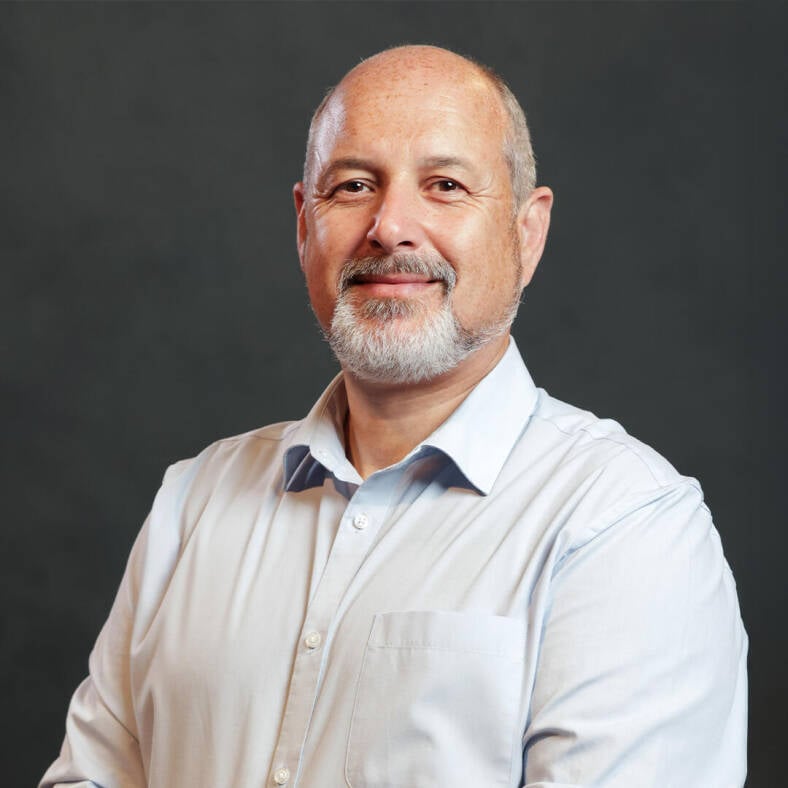

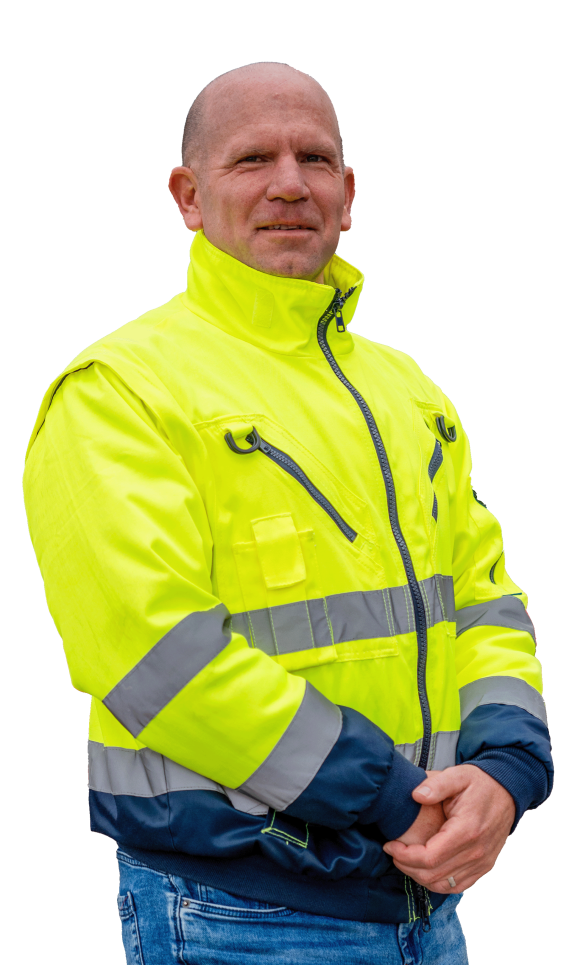



In the maritime sector, safety is of paramount importance. That is why we regularly speak to industry professionals who share their experiences, practical tips and valuable insights that help you work safely and efficiently.
Maritime crews are generally extremely helpful
If you show respect for their working methods and take safety seriously, the crew will often be open to suggestions. With a clear briefing, you can really work together — and that delivers strong results.
Safety standards are rising, which makes the work more pleasant
Thanks to clear rules, better communication and greater awareness, filming on board becomes safer and more organised. This creates peace of mind and confidence for everyone.
As a film crew, you are flexible and alert, which makes you valuable
You are able to switch gears quickly, maintain an overview in busy situations and think along with your surroundings. This attitude makes you, as a film crew, a good fit for a dynamic and technically complex setting such as at sea.
Give non-crew members on board a recognisable vest or helmet
This way, everyone can immediately see who has experience on deck and who needs extra guidance. This prevents misunderstandings and increases safety during activities such as hoisting or manoeuvring.
Hold a short toolbox talk about the planned shooting day in advance
A short briefing ensures that everyone knows what is happening, where the risks lie and what the agreements are. It prevents surprises and ensures smooth cooperation between the crew and the film crew.
As a director, you are the cameraman's second pair of eyes
The cameraman is focused on the image, not his surroundings. As director, you help by paying attention to movements, obstacles and changing conditions. This prevents dangerous situations.
Only change batteries, lenses and other parts in safe places
Small actions can have big consequences if they happen at the wrong time or in the wrong place. Find a stable, safe place — away from walking routes or hoisting operations.
Alternate camera operation during long days and consult with the crew
Long filming sessions require a lot of concentration and physical effort. By dividing tasks and communicating well with the maritime crew, everyone stays fresh, which increases safety and the quality of the work.
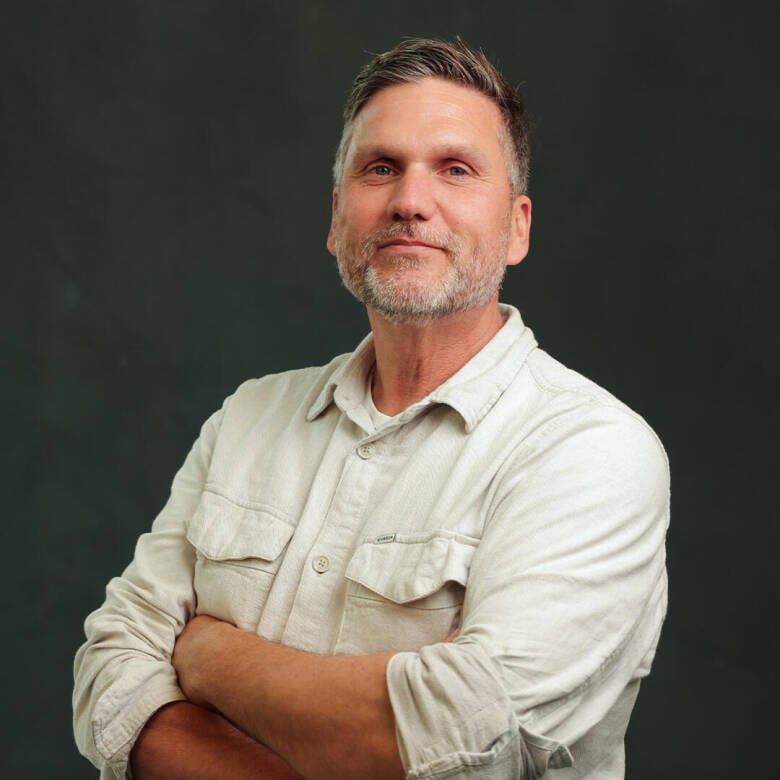
Safety briefings
When routine work changes, make sure the team is informed by means of a safety briefing. Ensure that all team members fully understand what is changing, what new risks this entails, and how to anticipate them.
Double-check
When work changes, not only should an initial assessment be carried out, but also a secondary risk assessment or Last Minute Risk Assessment (LMRA). Avoid overlooking risks. Have the double-check carried out by a second person.
"Say something"
Address each other directly and openly when you see an unsafe situation and take responsibility.
"Do something"
Take immediate action yourself in an unsafe situation by stopping the work, “stop the job”.
"See something"
Report unsafe situations such as incidents, near misses and unsafe actions immediately to your supervisor or manager.

Keep an eye on the person behind the work
Managers play an important role in recognising the human side of offshore work. Behind every task is someone who, day in and day out, bravely and diligently faces difficult and sometimes dangerous conditions. Respect and appreciation are not luxuries, but necessities. A culture of care, in which people feel seen and supported, not only strengthens the team, but also improves safety.
No one chooses to be unsafe
Most incidents do not happen because people are careless, but because they are tired, distracted or distracted by personal issues. After all, we are all human. Showing understanding for this reality and actively providing support where necessary helps to reduce risks and creates a stronger, more connected working environment.
One hand for the ship
There is a golden rule at sea: always keep one hand on the ship and one hand for yourself. This simple but essential rule ensures that you remain steady, even when the ship is moving or conditions are difficult. It is a small action with a big impact — a constant reminder to stay connected and safe.
Long periods at sea
Working at sea often means being away from home, family and familiar routines for weeks at a time. This prolonged absence can take its toll, both physically and mentally. Fatigue, loneliness and stress are ever-present, and this affects concentration and decision-making. By being aware of this mental strain, we can improve safety and well-being on board.
The weather is in charge
Working in storms, rain and rough seas requires more than just skill. It requires courage, stamina and complete focus. The sea is beautiful, but also unpredictable and unforgiving. The dedication of seafarers therefore deserves more recognition. By valuing their efforts, we can build a culture in which safety, respect and solidarity are central.
